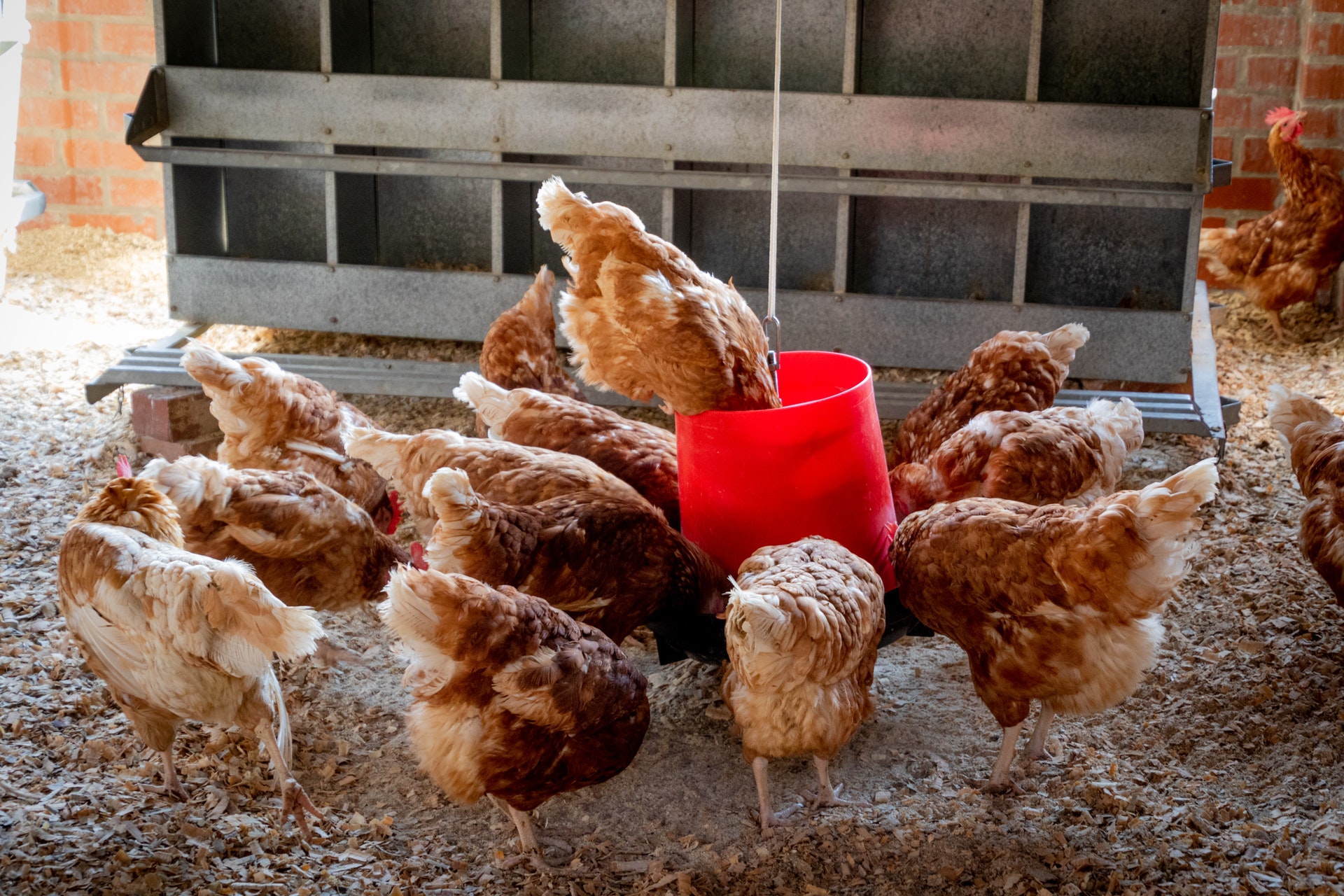
We have strong evidence showing that intensive animal farming is one of the major contributors to antimicrobial resistance dissemination. Therefore, the demand for raised without antibiotics (RWA) meats and produce is increasing. We are witnessing more RWA products on our grocery shelves every day, but how feasible is the RWA production of food long-term? The global population will continue to expand exponentially, and climate change and food shortages will inevitably catch up to us.
I came across an interesting scientific publication that reports the perspectives of animal farmers and veterinarians on RWA. These professionals were involved in raising and caretaking broilers, turkeys, swine, beef cattle or dairy cattle. Of course, as farmers or vets, the number one priority would be the health and welfare of their animals. However, the study participants felt that the health and welfare of the farm animals cannot be maintained at the scale that the farms are operating at if the RWA operation continues. They suggest that the market driven RWA practice is not feasible long-term if the global population wants healthy and safe meat products.
As I have mentioned in my previous blogs, we include antibiotics in animal feed to prevent the potential of infectious diseases that could affect the whole farm. Especially in industrial farms, animals are being raised like canned sardines that, whatever one catches, the rest will catch too. This could be a potential (although much less likely) for free-range/sustainably practicing farms too. Therefore, completely eliminating antibiotics in animal feed is not a simple and quick practice that could be achieved overnight, unless you accept the possibility of consuming Salmonella-infected chicken breasts. According to the study participants I’ve mentioned above, their customers (retailer/restaurant/food service) also tend to misunderstand that animal health will improve by eliminating antibiotics, which certainly is not the case. The antibiotics technically will keep the animals healthier, but unfortunately, we started to misuse and overuse them and hence why we are now struggling with antimicrobial resistance crisis.
What is immediately necessary is the replacement of prophylactic agents with something other than antibiotics, and most importantly, decreasing the demand for food animals. The food industry cannot be sustained if we continue to demand animal products while simultaneously demanding RWA. That equation simply does not make sense. What I propose is not to stop the consumption of food animals. As an omnivore, I cannot preach that. Instead, I practice incorporating more locally sourced and seasonal food ingredients to fill my dinner table. And slowly, and hopefully, we may start witnessing changes in our food production system, which will lessen the reliance on antibiotics to maintain food animal welfare.
Photo by Magda Ehlers from Pexels










